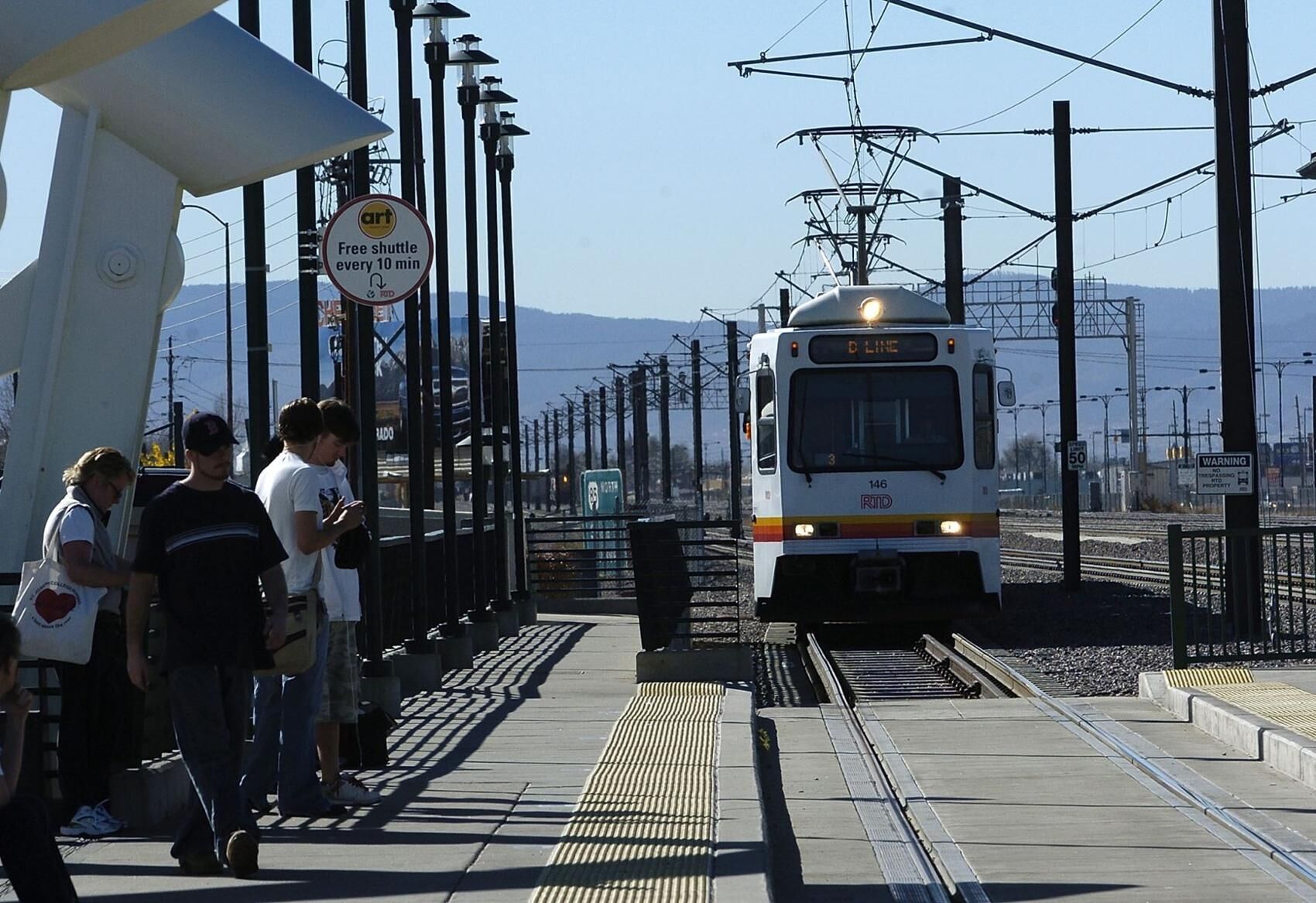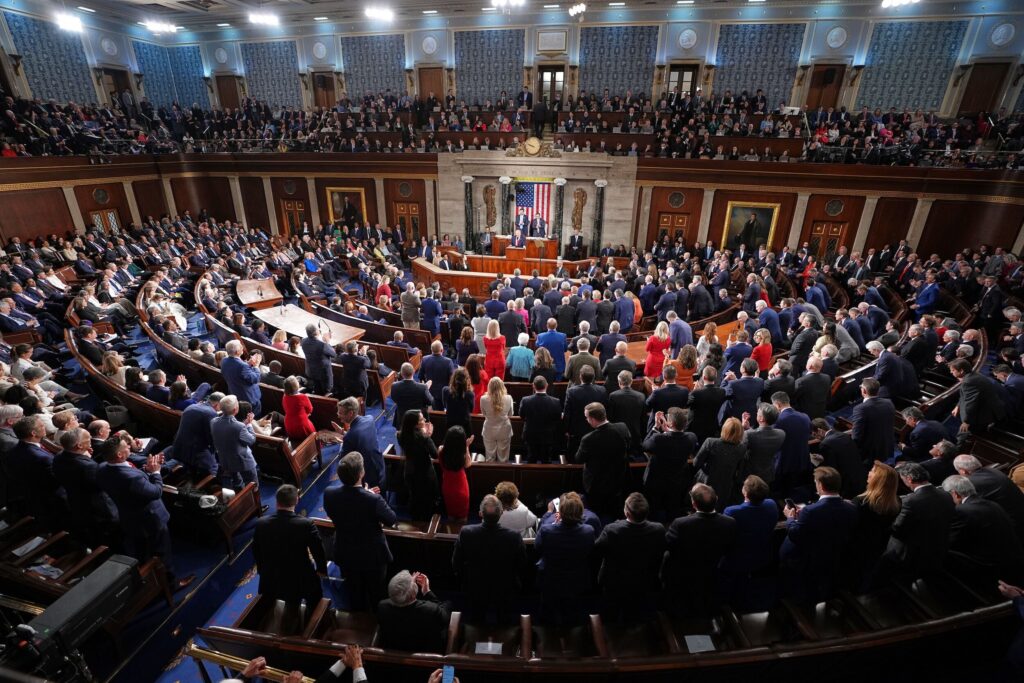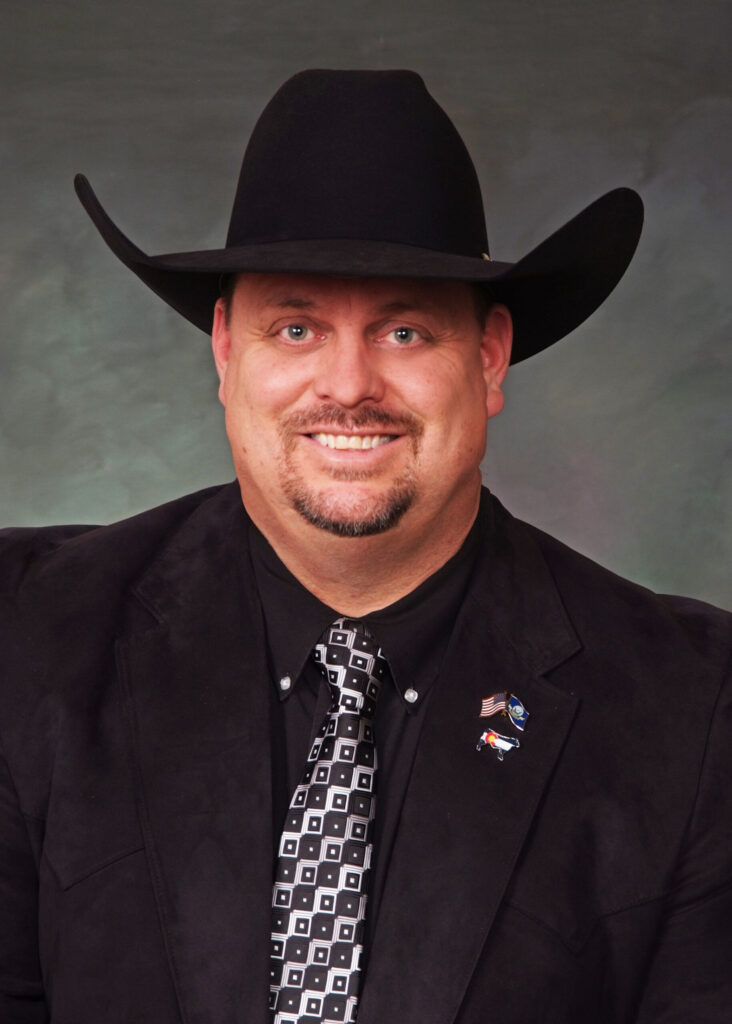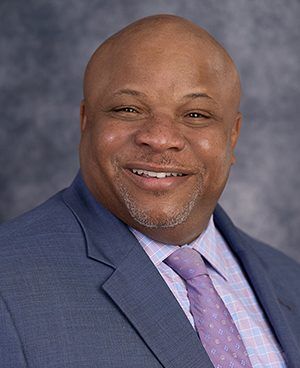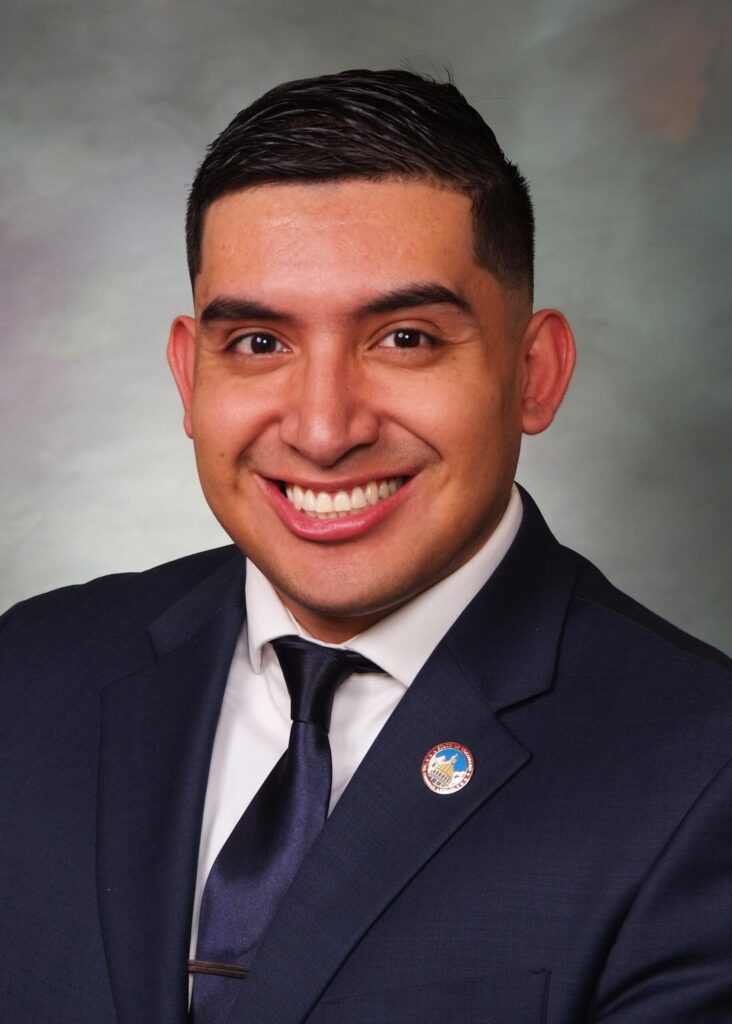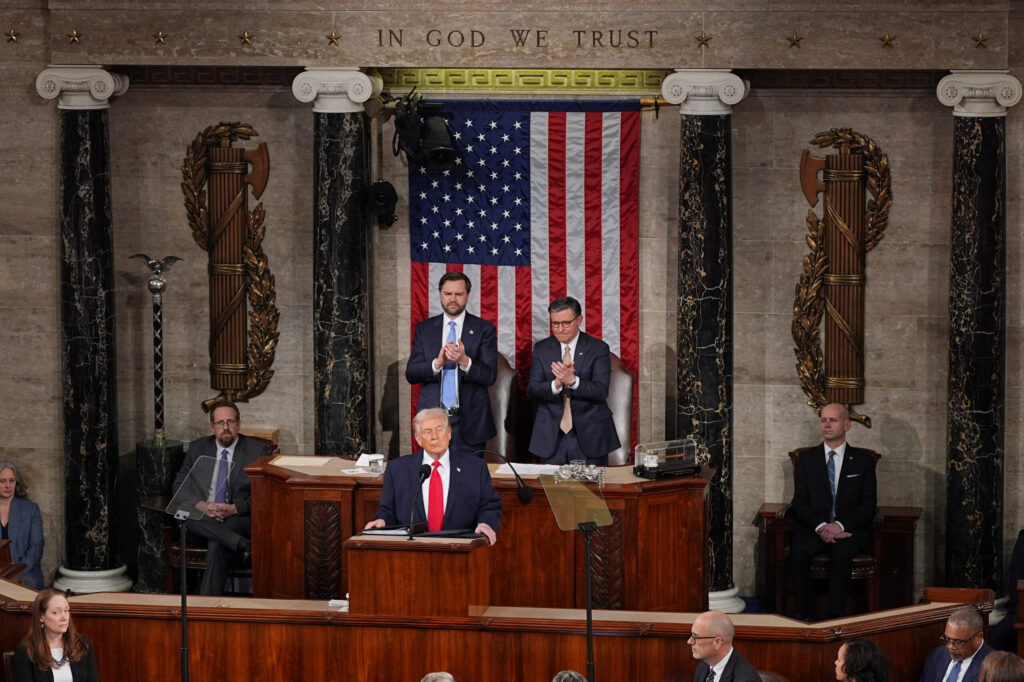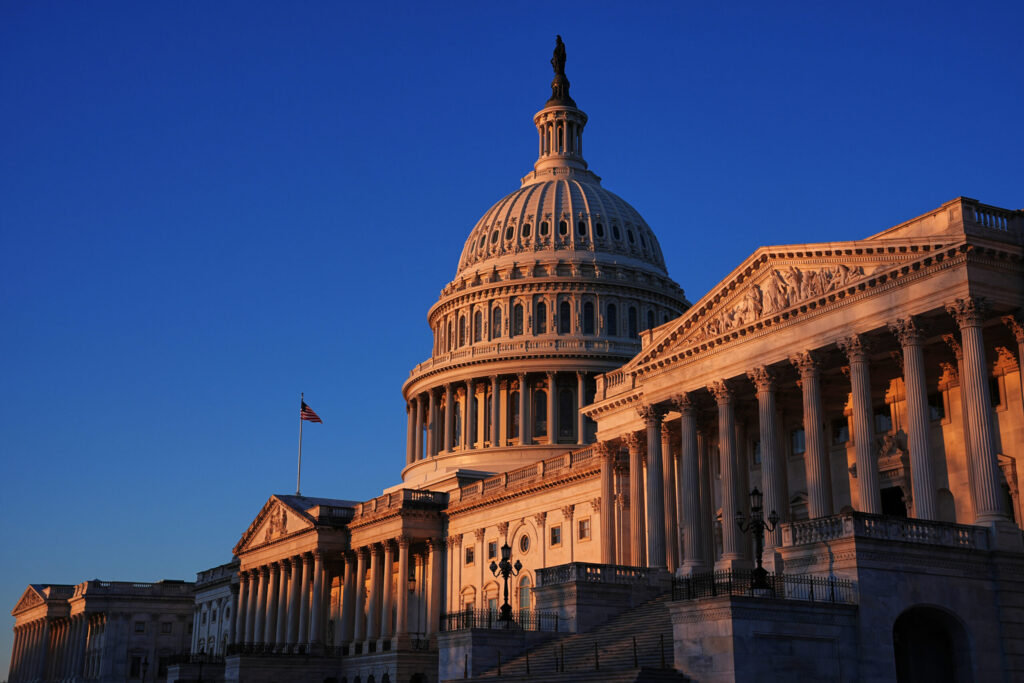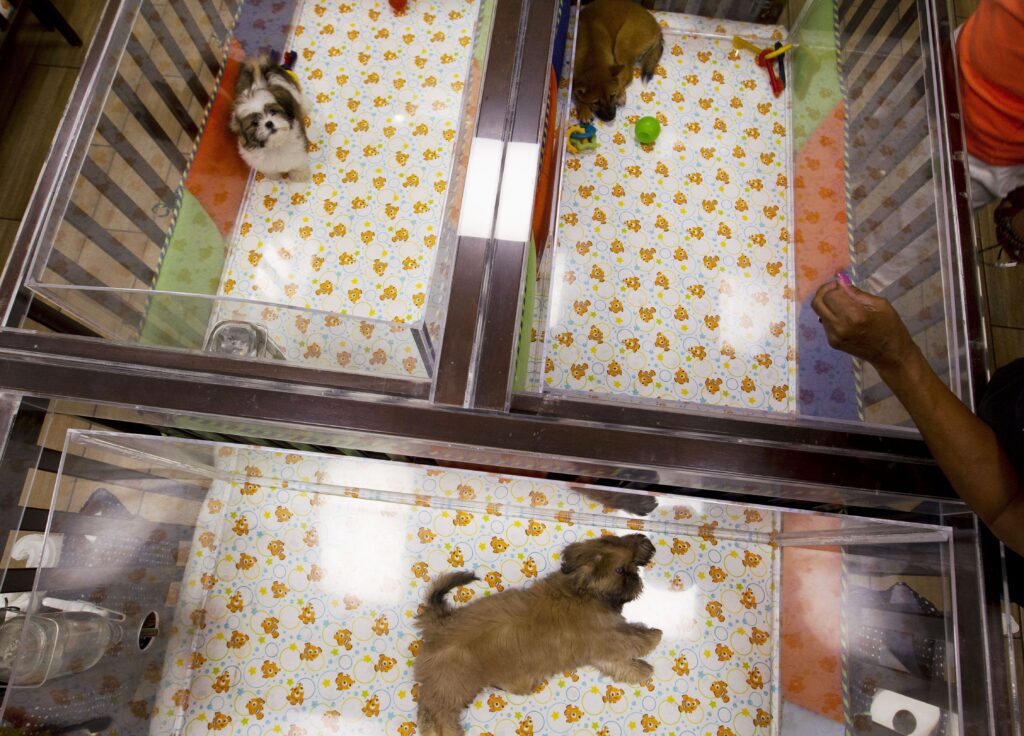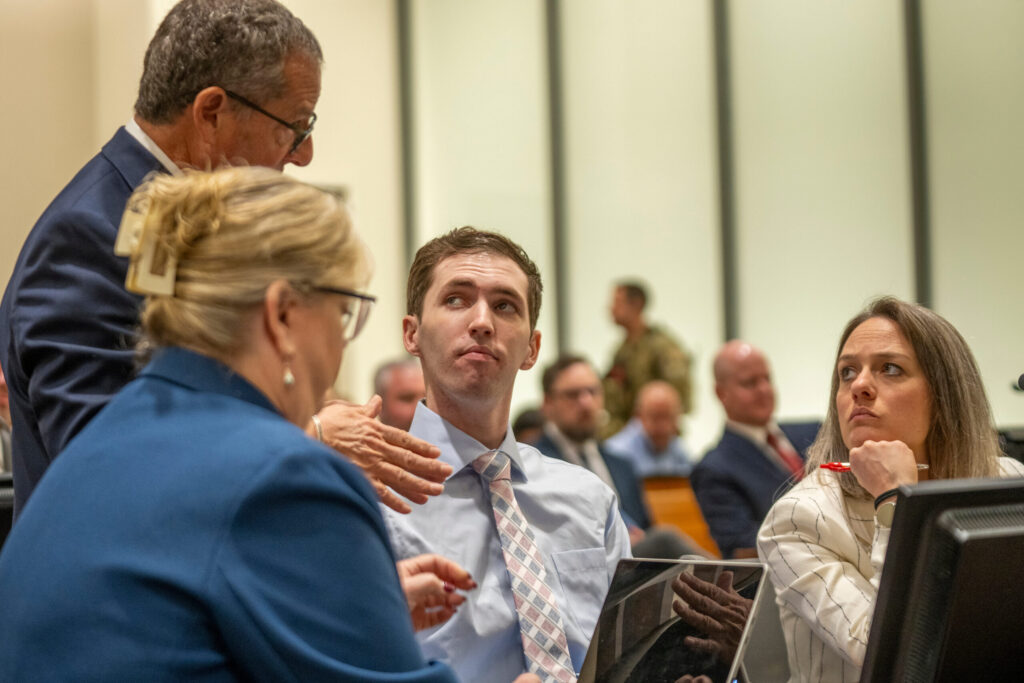RTD’s two-month Zero Fare for Better Air program ends Thursday
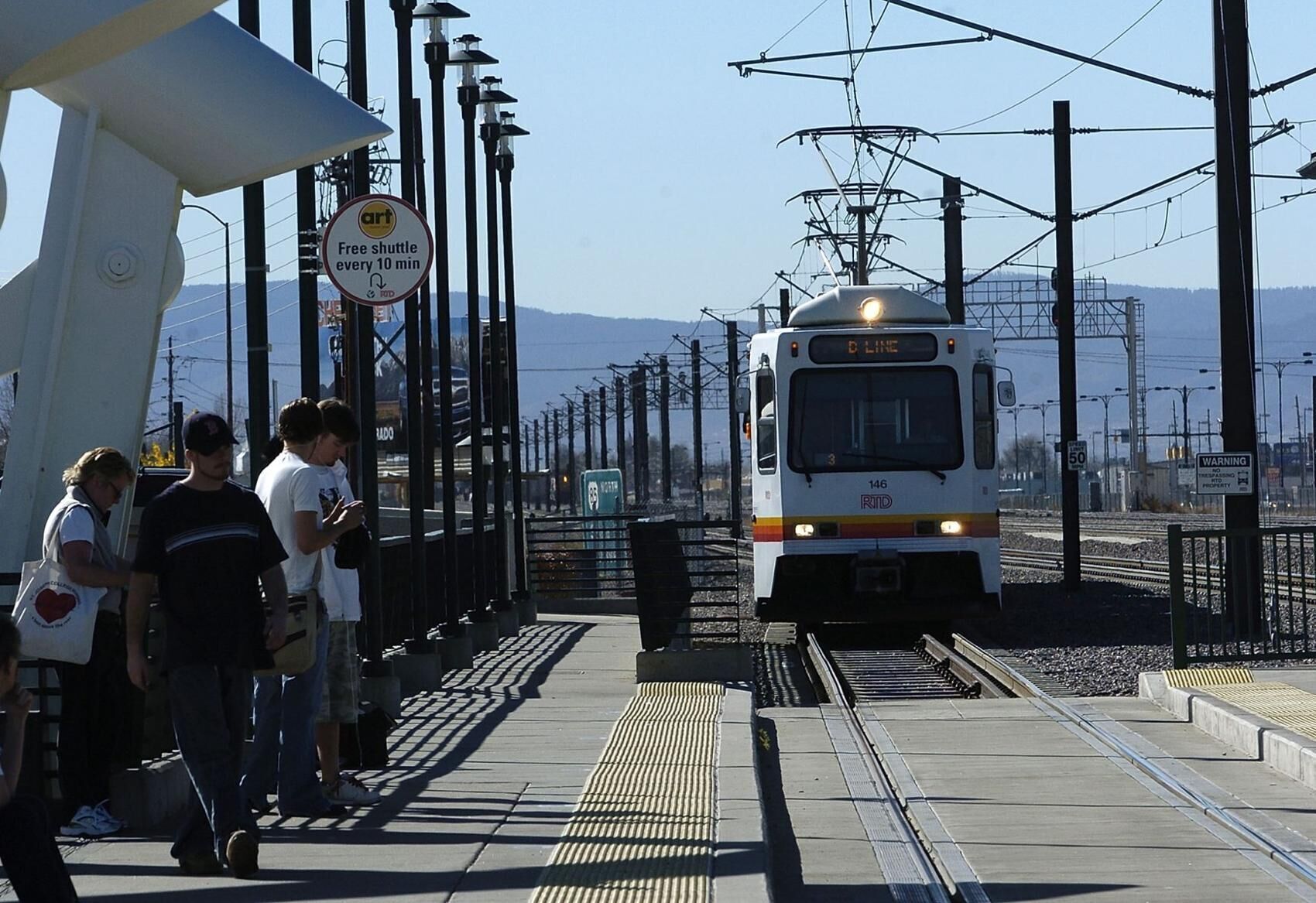
The Regional Transportation District’s “Zero Fare for Better Air” free transit ozone reduction initiative will end as of midnight Thursday .
The state-funded program – which expanded by one month this year – provided no-cost access to all RTD’s services during the months of July and August.
The collaborative, statewide initiative was funded through a grant program created by Colorado Senate Bill 22-180 in partnership with the Colorado Energy Office. Zero Fare for Better Air was designed to reduce ground-level ozone by increasing the community’s use of public transit. This year, RTD expanded the program to align with Colorado’s highest ozone months, according to an RTD news release.
A final report that includes ridership numbers, customer survey data, and other metrics related to the zero-fare initiative is currently being compiled, and RTD plans to publicly release the information in October. As part of the report, RTD is working with the Regional Air Quality Council (RAQC) to quantify and better understand the two-month initiative’s impact on vehicle emissions and ground-level ozone levels, the release says.
“RTD welcomed many new customers to its system during Zero Fare for Better Air,” said General Manager and CEO Debra A. Johnson. “The agency focused this year’s campaign on creating a welcoming transit environment that encouraged individuals in the Denver metro area to discover new commuting habits and explore sustainable transportation options. Early indications point to successes with the initiative, and I am eager to review the final report and learn more about the impact of this year’s program.”
Major events in July tested RTD’s ability to meet a surge in customer demand while keeping passengers safe.
The Taylor Swift concerts and the Colorado Rockies v. New York Yankees games downtown made July 14 and 15 RTD’s busiest weekend ever.
During that two-day period, many of RTD’s vehicles ran at capacity for hours, and special-service trains were added to the system to meet a spike in demand. RTD also saw a large increase in new, first-time visitors to the agency’s website and individuals using the trip planner application to create itineraries, according to RTD.
“As part of the agency’s efforts to create a welcoming transit environment, RTD’s Police Department increased patrols along the system and partnered with other law enforcement agencies in the service area. In late June, RTD updated its Customer Code of Conduct, now known as Respect the Ride, and began enforcing the prohibited activities and behavioral guidelines during Zero Fare for Better Air,” said the release. “A full summary of crime-related data from Zero Fare for Better Air will be included in the final report submitted to the state.”
On Sept. 1, RTD said it will commence a one-year pilot program that allows youth ages 19 and younger to ride all RTD services at no cost through Aug. 31, 2024. The Zero Fare for Youth program, which was approved by RTD’s Board of Directors in July, focuses on welcoming a future generation of transit users to the system while reducing transportation costs for families.
Last year’s program showed modest increases in ridership, but could not quantify any emissions reductions.
The report found that regular transit ridership increased, but also noted that spike could have been influenced by multiple factors. The state is still rebounding from the pandemic, a new academic year began, service hours adjusted as they do each August, and there are other seasonal trends the industry sees that month.
Ridership for the 2022 program increased by 22% from July to August, and 36% from August 2021.
“Much of RTD’s ridership growth observed in August 2022 was sustained into September 2022, even with resumption of fare collection,” according to the report. September ridership fell 3% from August but remained much higher than July.
Weekday systemwide daily ridership averaged 207,472 in September 2022, down 3.1% from 214,215 in August 2022 but higher than the July 2022 daily average of 178,468.
Bus services showed the biggest hike in weekday ridership, increasing by nearly 20% from July and 33% from August 2021. Light rail and commuter rail ridership increases modestly, the report said, at 15% and 12% respectively.
RTD also recommended finding better methods to evaluate if the program is helping improve air quality, as it had no way of knowing how many riders left cars behind or the potential reduction in emissions from those parked vehicles.
“The impacts of the initiative on air quality are difficult to quantify, as there was no baseline provided.”
Denver Gazette Reporter Jessica Gibbs contributed to this story.
